In a time of recession, each home is seeing costs rise, and one of those costs is the monthly utility bill. With this in mind, there is no surprise that people want to curb their power consumption, or at least want to make their use more efficient. There was a time when green energy was only the interest of the environmentalist movement. However, it quickly becomes less of an alternative form of technology and more of a standard way of life.
Renewable Forms of Energy to Use in Your Home
The most environmentally friendly and easy way to get involved in renewable energy is to install solar panels on your home. You may be thinking that there is no way you can afford solar panels, but there are many programs you might be able to take advantage of to help you offset the costs. Check with your local utility company; many times, they offer incentives themselves, but at the very least, they can help you with navigating the state and federal requirements for incentive programs. Once you have solar panels installed, your local utility company might also pay you for the excess electricity you generate.
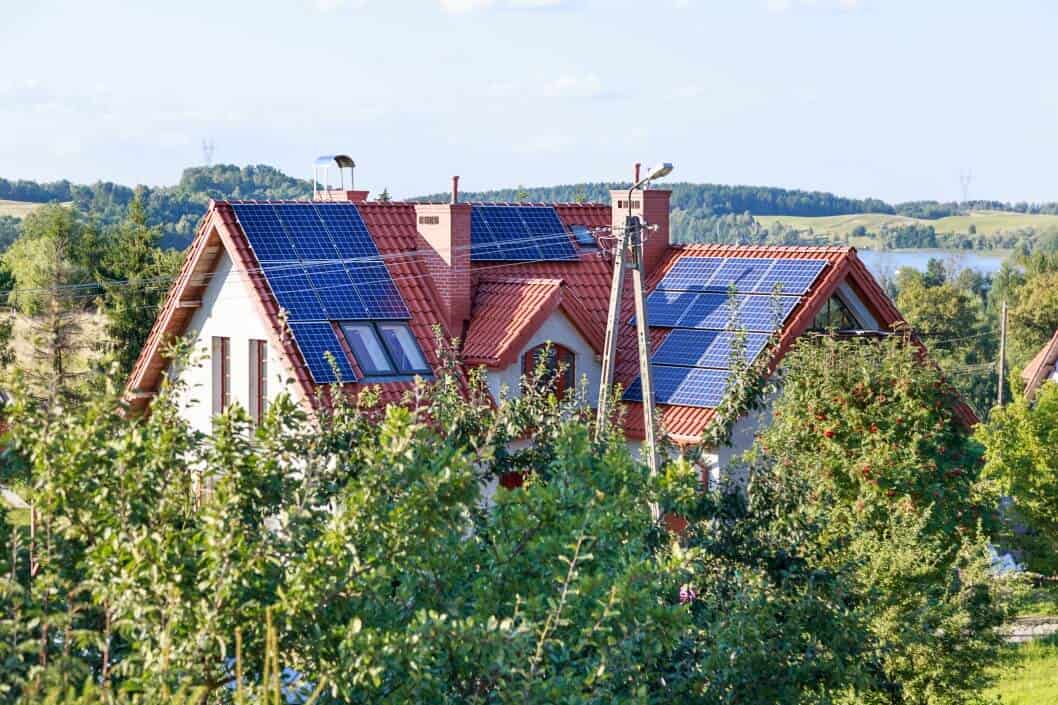
Stoves
Instead of using natural gas or electricity to heat your home through your furnace, you can augment your existing systems with the power of wood. Putting wood-burning stoves in different places throughout your home, and by taking advantage of your fireplace, you can significantly reduce your electric or gas bill — at least the part that covers the cost of heating your home. Burning wood in your stove or fireplace will also give your home a more natural, pleasing aroma that smells much more rustic than your odorless gas furnace will.
More about: Solar energy
Although it may seem counter-intuitive, you may be able to help offset your costs and help the environment through the use of stoves. Not all stove burn wood, some burn pellets. These pellets can be made from animal dung and other byproducts that would otherwise go to waste. Also, the electricity you use to heat your home is already being generated by burning; this cuts out the middle man.
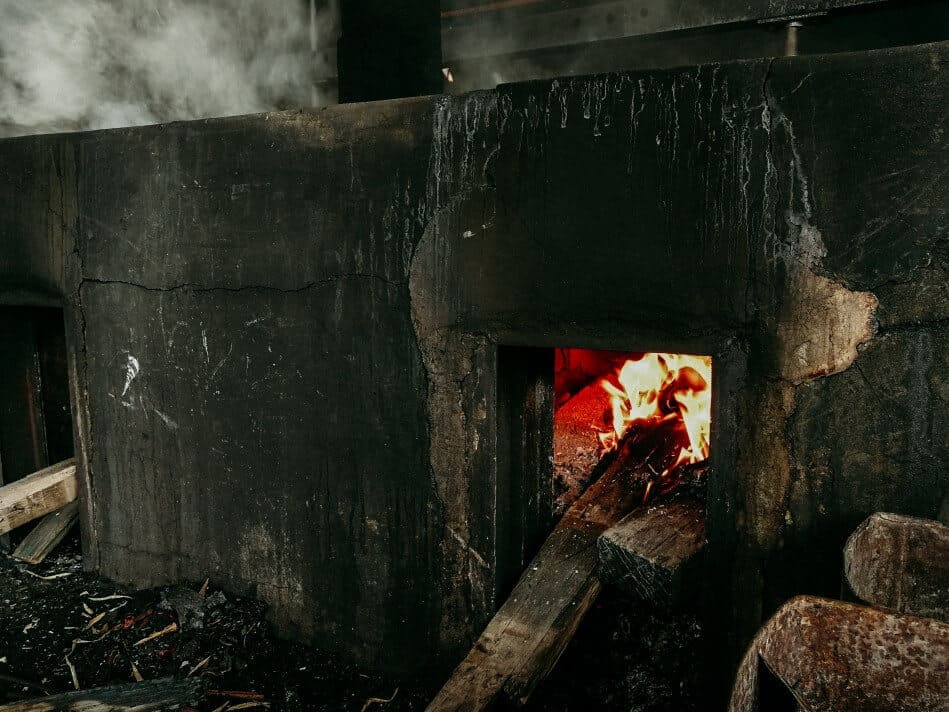
Air
If you don’t want to pay for the expense of operating a clothes dryer, you can put up a clothesline in your back yard, or hang your clothes to dry throughout your home. The place where you live may have regulations saying whether or not you can put a clothesline up on your property; if it is allowed, then find an unobtrusive place where you can erect two poles and stretch a line between them. Your clothes will have the fresh smell of the outdoors, and you won’t have the electrical costs associated with powering the machine. Even if your dryer is powered by gas, you will still experience significant cost savings — and you will improve the environment.
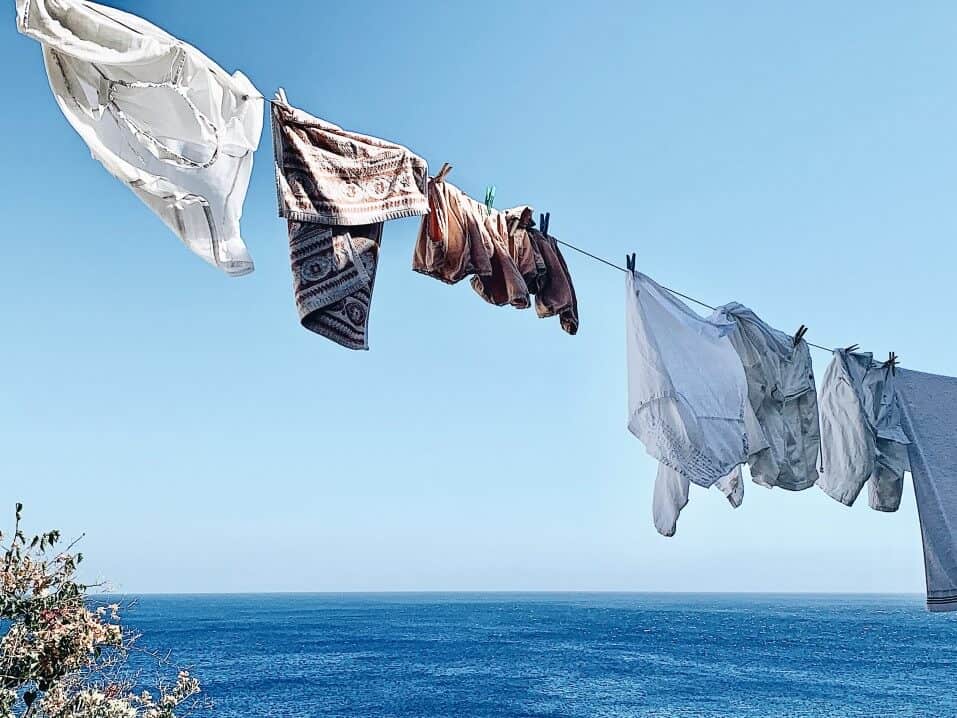
Solar Water Heaters
If you are looking into solar panels, you should also explore the idea of a solar water heater. That is very similar to panels and can be used in conjunction. Solar panels take sunlight and turn it into electricity, solar heaters collect the heat from sunlight and use it to heat the water for your hot water needs. By doing this, you can avoid the use of natural gas or electricity by your water heater.
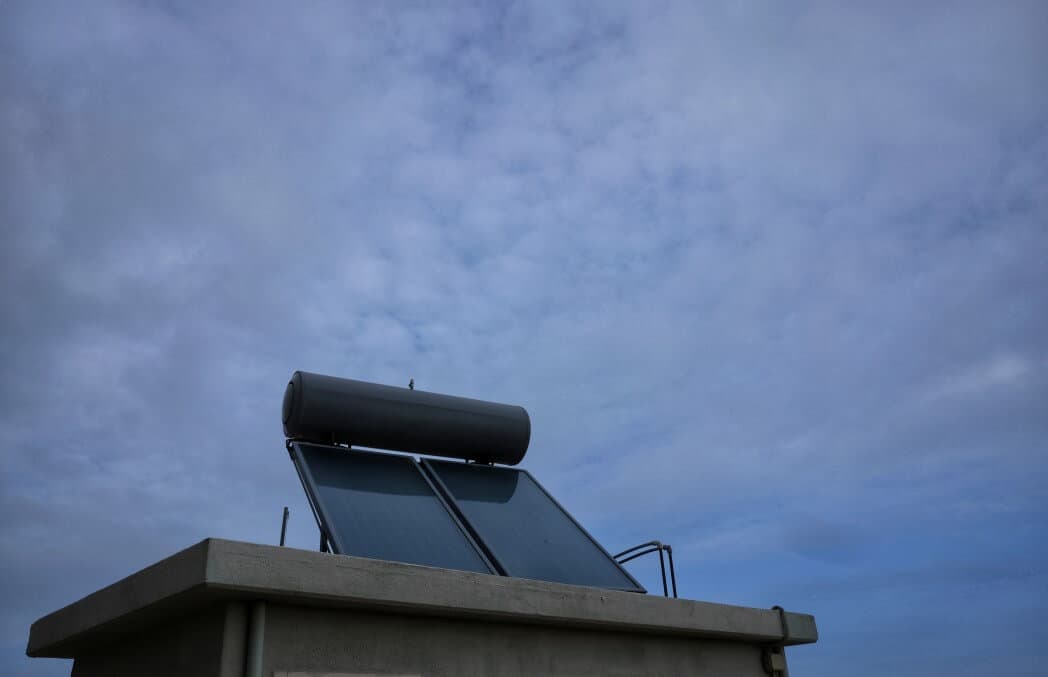
Rain Reclamation
Look into rain reclamation. Using simple gutters, you can collect hundreds of gallons of water every time it rains. When rain falls, a lot of the time it just runs off into the sewer system. Use rain reclamation barrels to save water during heavy rain periods, so that you can water parts of your landscape with what you have saved, instead of draining the already overtaxed reservoirs.
Read next: Facts and Information About Hydropower
While bottled water has a positive image, some serious issues are going on behind the curtain. Most bottled water is just tap water with a fancy label. On top of that, the industry severely damages the water system by moving water to places it should never have gone, not to mention the energy required to bottle and ship it. If you are concerned about chemicals in your water, buy a filter. There are models available that can fit over your faucet and are very convenient. If you are on the go a lot, you can also get a water bottle that filters your water on the fly.
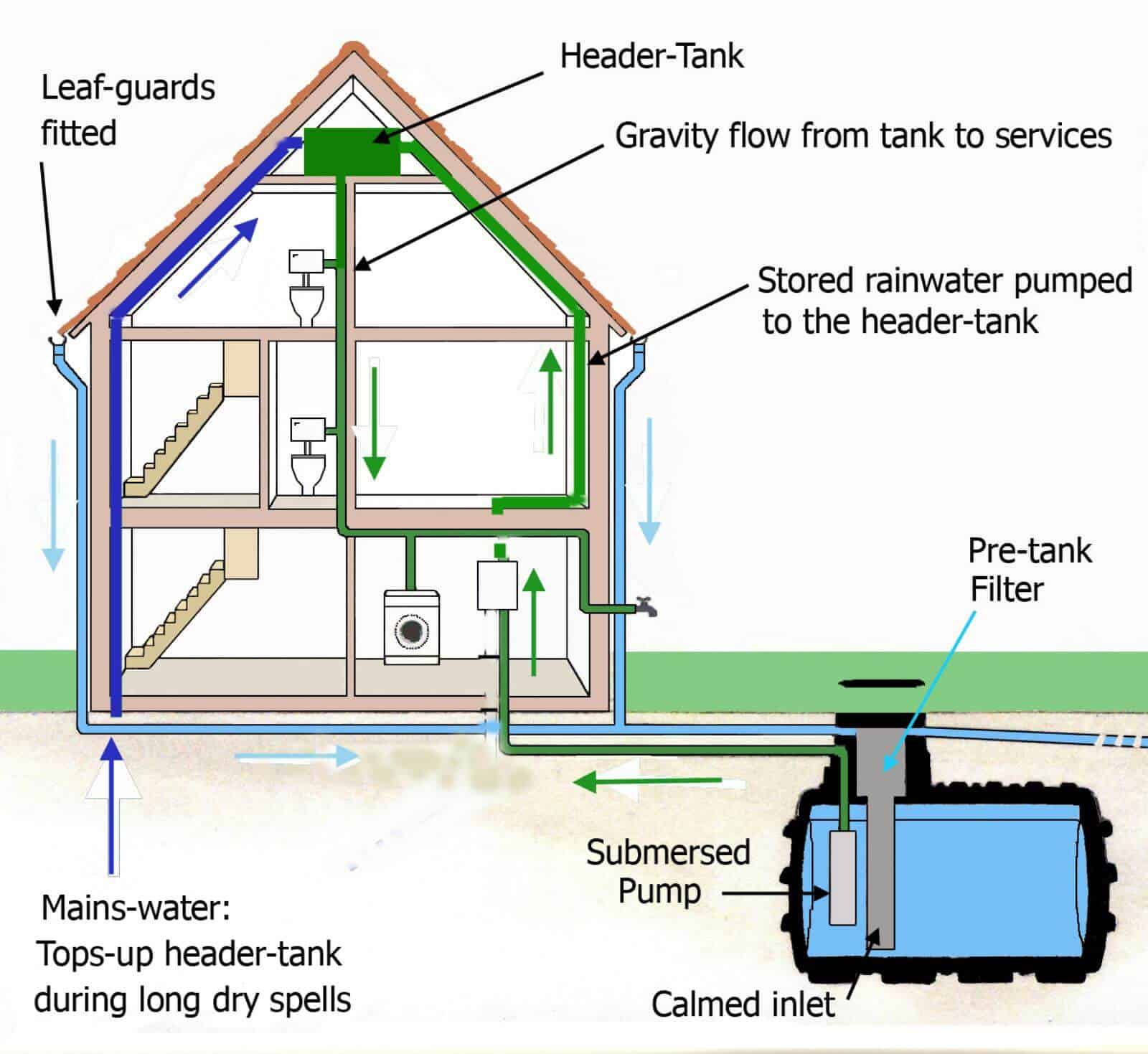
Conclusion
Hopefully, you are now aware of some starting points for your search into renewable energy sources for your home. It is a very noble thing to try and do something for the environment, and if you do it right, you may be able to save yourself some money too! Good luck.